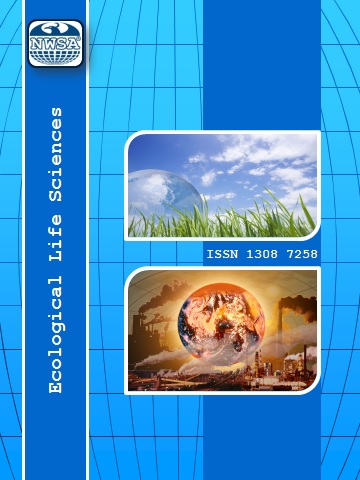EVALUATION OF ANTIBACTERIAL ACTIVITY OF MACERATED OIL FROM Lemon Balm, Thyme (Thymus vulgaris L, Lamiaceae), Mint (Mentha longifolia L, Lamiaceae) and Marigold WITH MODIFIED TUBE AGAR DILUTION METHOD AGAINST YERSINIA RUCKERI
Başar ALTINTERİM1
,
MEHMET KOCABAŞ2
Aromatic and medicinal plants (AMPs) have been most popular for human and animal in phytotherapy, phytochemistry and pharmacology recently owing to their anti-bacterial, anti-viral, and antiseptic characteristics. Therefore, experiments were designed for determination the antibacterial effects of macerated and distilled oils of lemon balm (Melissa officinalis), thyme (Thymus vulgaris), mint (Mentha longifolia) and marigold (Calendula officinalis) against Yersinia ruckeri with modified tube agar dilution method. Minimum bactericidal concentration (MBC) and minimum inhibitory concentration (MIC) were determined. Our results indicated that number and concentration of bacteria were reduced by macerated and distilled oils of lemon balm, thyme, mint and marigold. Compared all treatments, the best results were obtained by thyme. In conclusion, macerated oils of lemon balm, thyme, mint and marigold showed antibacterial activity against the pathogen although to a lesser extent than in distilled oil. It is recommended that macerated oils could be used as protective to the causative agent.
Keywords
Antibacterial Activity,
Yersinia ruckeri,
Modified TubeDilution Method,
Aromatic plants,
Pathogen,
 +90(535) 849 84 68
+90(535) 849 84 68 nwsa.akademi@hotmail.com
nwsa.akademi@hotmail.com Fırat Akademi Samsun-Türkiye
Fırat Akademi Samsun-Türkiye
